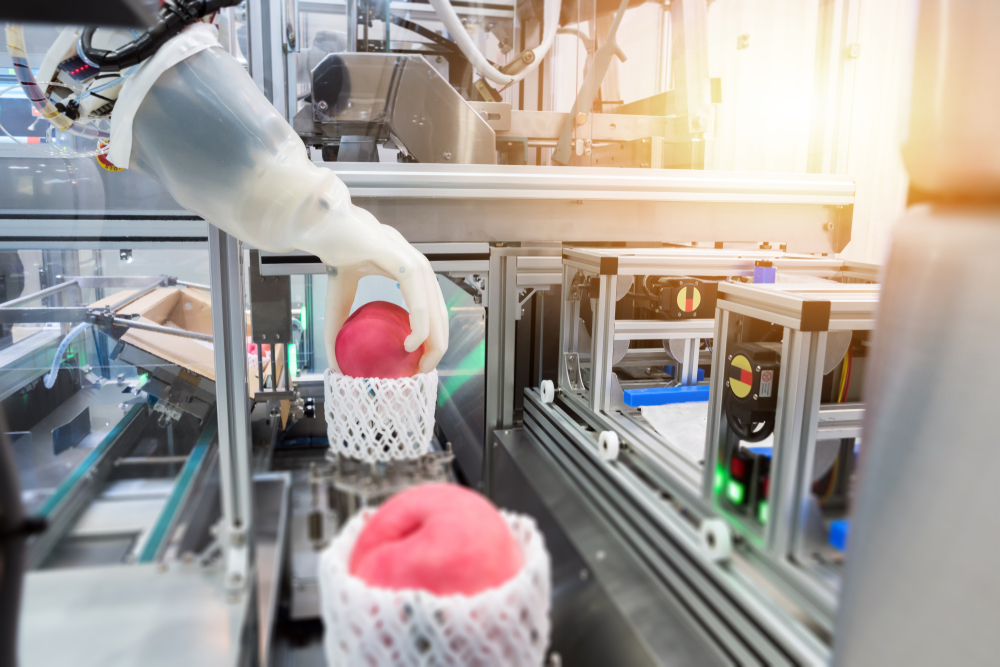Modular Production Systems: Reshaping Industrial Flexibility
Modular production systems are revolutionizing industrial operations, offering unprecedented flexibility and efficiency. This innovative approach to manufacturing is transforming how businesses adapt to market demands, manage resources, and scale operations. By breaking down production processes into interchangeable units, companies can swiftly reconfigure their manufacturing lines, reduce downtime, and optimize output.

Modular production involves designing manufacturing processes as a series of independent, self-contained units or modules. Each module performs a specific function and can be easily added, removed, or modified without disrupting the entire production line. This approach stands in stark contrast to traditional linear production systems, which are often rigid and difficult to reconfigure.
Key Components of Modular Systems
At the heart of modular production are standardized interfaces and plug-and-play components. These elements allow for seamless integration of different modules, regardless of their specific functions. Standardization ensures compatibility across the system, enabling rapid reconfiguration and scalability.
Another crucial aspect is the use of advanced control systems and software. These technologies coordinate the various modules, manage workflow, and optimize production sequences. Industry 4.0 technologies, such as Industrial Internet of Things (IIoT) devices and artificial intelligence, play a significant role in enhancing the capabilities of modular systems.
Benefits for Industrial Operations
Modular production systems offer numerous advantages for industrial operations. One of the most significant benefits is increased flexibility. Companies can quickly adapt to changing market demands by reconfiguring their production lines, allowing for efficient small-batch production and personalized manufacturing.
This flexibility also translates to improved resource utilization. Modules can be repurposed or redeployed as needed, reducing idle time and maximizing equipment efficiency. Additionally, maintenance becomes more straightforward, as individual modules can be serviced or replaced without shutting down the entire production line.
Challenges in Implementation
While the benefits of modular production are clear, implementation comes with its own set of challenges. The initial investment can be substantial, as companies need to redesign their production processes and invest in new equipment and technologies. This transition often requires a significant shift in organizational culture and workforce skills.
Standardization across the industry is another hurdle. For modular systems to reach their full potential, there needs to be greater collaboration between equipment manufacturers and end-users to establish common interfaces and protocols. Without standardization, the interchangeability of modules across different systems remains limited.
Future Trends and Innovations
The future of modular production systems looks promising, with several emerging trends set to further enhance their capabilities. One exciting development is the integration of advanced robotics and cobots (collaborative robots) into modular setups. These robots can be easily reprogrammed and redeployed across different modules, adding another layer of flexibility to production processes.
Another trend is the use of digital twins in modular production planning. By creating virtual replicas of physical production systems, companies can simulate and optimize different configurations before implementation, reducing risks and improving efficiency.
Strategies for Successful Modular Production Implementation
• Conduct a thorough assessment of current production processes to identify areas suitable for modularization
• Invest in employee training to ensure smooth adoption of new technologies and processes
• Start with pilot projects to test and refine modular concepts before full-scale implementation
• Collaborate with industry partners to develop standardized interfaces and protocols
• Regularly evaluate and update modular systems to keep pace with technological advancements
As industries continue to face rapid market changes and increasing demands for customization, modular production systems offer a powerful solution. By embracing this flexible approach, businesses can position themselves to adapt swiftly to new challenges, optimize their operations, and maintain a competitive edge in an ever-evolving industrial landscape. The journey towards modular production may be complex, but the potential rewards in terms of agility, efficiency, and innovation make it a compelling strategy for forward-thinking industrial operations.





